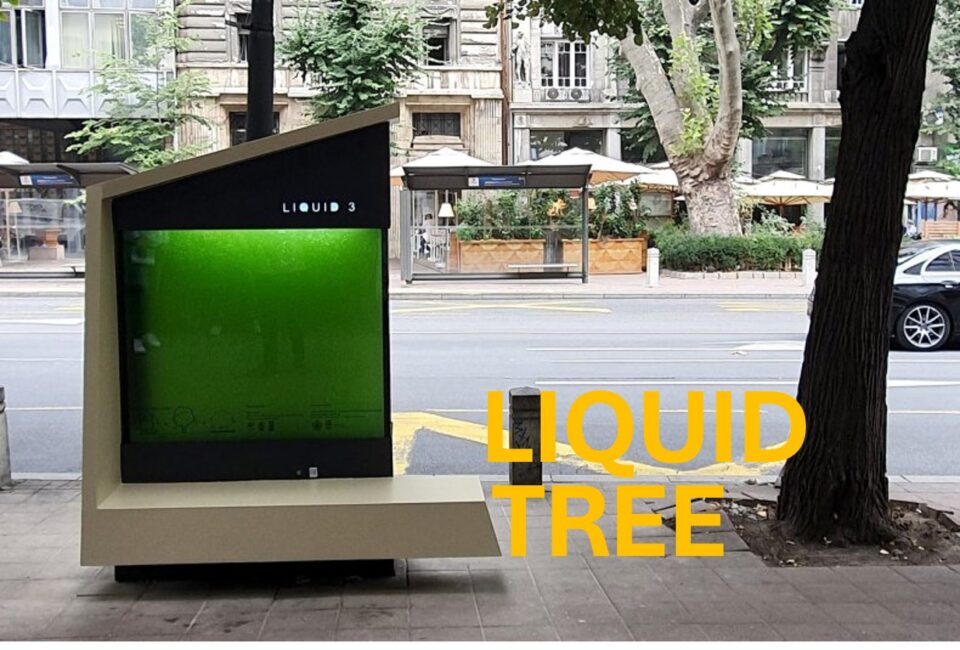By Dr Raghvendra Dubey*
Jaipur (ISJ): Human health in India faces one of the gravest threats from air pollution. According to the Air Quality Life Index (AQLI) released by the Energy Policy Institute of the University of Chicago, the average Indian’s life expectancy is estimated to be shortened by 5.3 years due to fine particulate air pollution, measured as PM2.5. India’s national capital New Delhi is worst-hit – the figure is dramatically high at 11.9 years.
The air quality of most of the countries across the globe is worsening due to fossil fuel combustion in transport, industries, etc. This leads to serious existential issues for both flora (plants) and fauna (animals).
Air pollution also causes severe threat to the environment like acid rain, global warming, ozone layer disturbances. Ozone generation in the troposphere adversely affects the health of the organisms. Besides, the shrinking green cover due to burgeoning population increases the vulnerability to climate change.
Though several plants, which show higher air pollution tolerance index (APTI), a parameter which represents air pollution scavenging capacity of plants, we are unable to grow them in crowded areas of cities due to lack of open land. This calls for identification of alternative natural solution, without overlooking the importance of forest and trees in the land ecosystem.
Algae as Substitute
Algae are photosynthetic organisms and they show luxurious growth even in the polluted environment without any constraints. The CO2 utilization capacity of the algae makes them most attractive, cost effective and easily accessible, and an alternative biological/ecological tool for air pollution mitigation.
This unique concept– an algal-assisted technology, was used for the first time in the world by Serbian scientists as an alternative to space crunch for plantation of trees. The Liquid Tree is the brainchild of Dr Ivan Spasojevic and his team at the Institute for Multidisciplinary Research at the University of Belgrade. They used single-celled freshwater algae to create the bioreactor, which is 10 to 50 times more efficient than traditional trees at binding carbon dioxide.
This technology is specially designed as a photo- bioreactor that contains a glass container with volume capacity of 600 litres filled with water and micro algae. This container-based technology is popularly known as “liquid tree.”
The Bioreactor Process
The bioreactor can assimilate the amount of CO2, the volume of which is equal to two 10 years old plants uptake in a year. This technology is based on carbon sequestration mechanism which reduces the level of CO2 and releases Oxygen into the atmosphere. Furthermore, this technology seems to uptake other harmful gases.
Advantages of this Technology
The major advantages of this technology are the liquid tree can uptake CO2 more efficiently and require less care as compared to plants. It also requires less space to install than the land required for plant growth. Unlike the plants the growth of microalgae is not affected by the air pollutants.
Liquid Tree Technology
Undoubtedly, the liquid tree technology could be used as natural air purifier or air pollution mitigation mechanism in highly polluted and crowded zones in the cities as an alternative of land plants. Serbia has installed this algal container-based technology on roadsides to improve the air quality of the polluted areas of the cities.
The active installation of this technology is also required in crowded countries like India where land area is shrinking due to population explosion. Moreover, microalgae used in development of liquid tree technology also provide several beneficial compounds which are used in various industries i.e., in pharmaceutical, nutraceutical, cosmetic, production of biofertilizers, etc.
However, we cannot totally depend on the algal assisted technology by ignoring plantation of trees. It requires more research and innovation for sustainability of life on the Earth which does not promote deforestation and reduces plantation of tree.
* Dr Raghvendra Dubey is Assistant Professor, School of Life and Basic Sciences, Jaipur National University, Jaipur, India
Image: Representational


